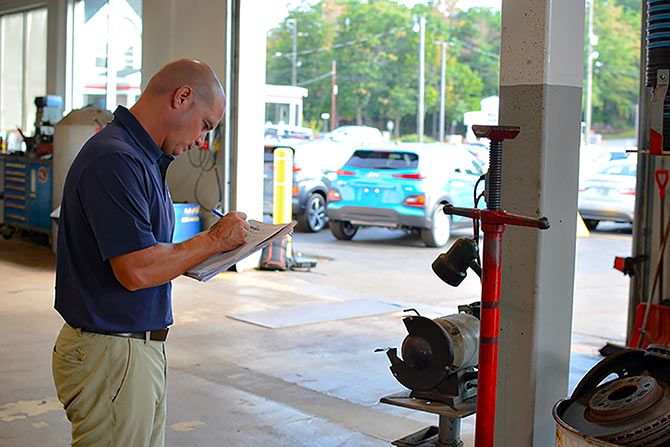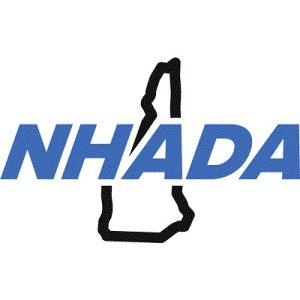Preventing injuries from occurring continues to be the single most effective way to decrease workers’ compensation costs and increase rebates.
NHADA Workers’ Compensation Trust (WCT) members should now have their rebate checks. The Board of Trustees and staff are pleased to be able to return $1.8 million dollars as the 2023 rebate. Funds from 2019, 2020 and 2021 were released, based on the actuarial analysis and board approval, to make up the 2023 rebate. The actuaries’ goal is to release as much money as possible from past fund years while retaining enough money in reserve for the WCT to remain in the 99% confidence level — money held in reserve is intended to cover losses both reported and those that may not yet have been reported. No money is released from the 2022 Fund Year as those claims continue to develop. When claims are over one year old, their ultimate cost is more predictable, and the actuary has greater confidence in releasing funds for that year.
The 2023 rebate brings the total amount returned to NHADA WCT members since our inception to $96 million dollars. In addition to returning, on average, 40% of the premium back to members in the form of rebates, the WCT Board of Trustees has reduced rates seven out of the past eight years. Between the decreasing rates, in an otherwise volatile market, and the annual rebate, the NHADA WCT remains a truly cost-effective solution to workers’ compensation coverage.
Members must continually keep in mind that their rebate and workers’ compensation premium are directly related to their claims experience. The better a member’s experience, the higher the rebate and the lower the experience modification factor, translating to lower premiums.
Preventing injuries from occurring continues to be the single most effective way to decrease workers’ compensation costs and increase rebates. Members who incorporate risk management controls into their business culture, including providing regular recommended staff trainings, performing slip and fall prevention, having regular safety committee meetings and complying with loss prevention recommendations, have fewer losses and higher rebates than members who do not.
When injuries do occur, members who immediately contact NHADA post-injury are actively involved in the management of claims, maintain contact with the injured employee and provide temporary alternate duty work as soon as the employee is released to return, keep their claims costs to a minimum and enjoy higher rebates than members who are not actively engaged in managing their claims.
Every member would like more money at rebate time, but it is those members who are attentive to the best possible hiring practices, preventing injuries and managing their claims costs who are the happiest when the checks are delivered. “Low Claims = Higher Rebate Check.”
If you have any questions, please reach me directly at psheffer@nhada.com or (603) 224-2369.









